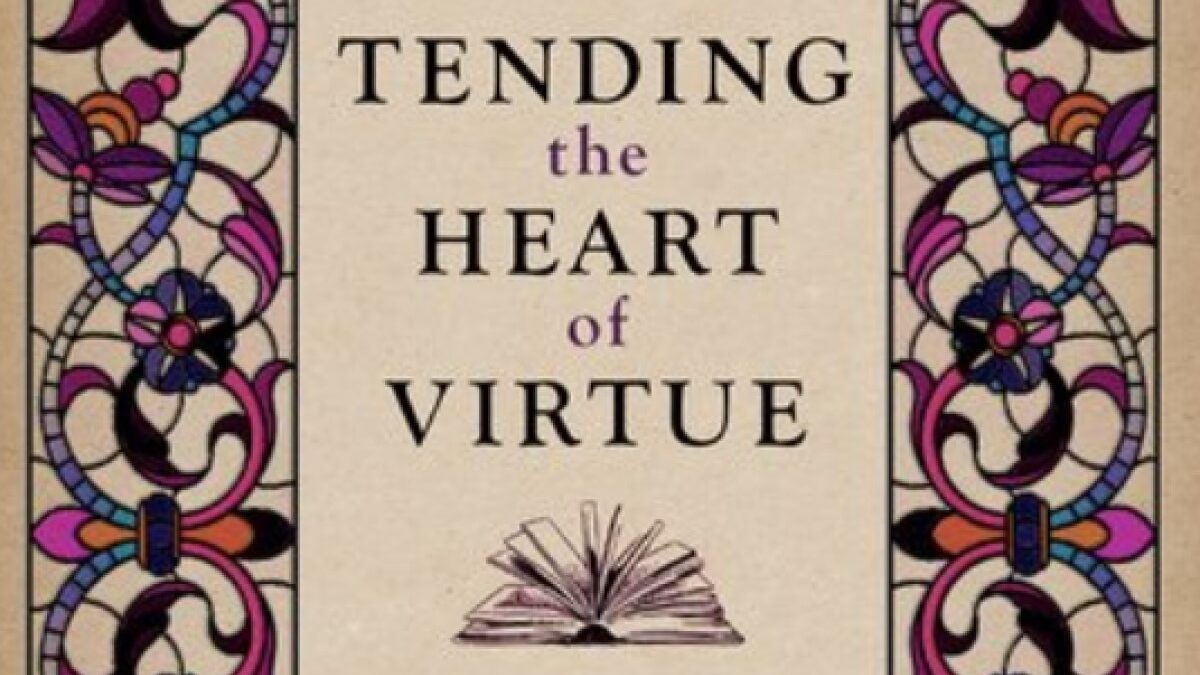
Back in the 1990s, an adjunct English professor at Bakersfield College used to start first-day freshman composition by writing the F-word on the whiteboard in big capital letters. She’d then turn around and explain the word’s etymology, point out that its moral connotation was entirely a construct, and tell the students in no uncertain terms that any scandal they felt was due to their parochial ignorance. She would disabuse them of this ignorance during the class in a semester-long crash course in cultural politics.
One wonders whether she ever got to the actual principles of English Composition.
I can’t remember Prof. F-bomb’s name. As I recall, though, her approach to English wasn’t atypical then. Not everyone was quite so aggressive or abrasive, but the tendency to make English about social politics and the “demystification” of language was widespread. English classes were less concerned with making meaning of language and literature than with laying bare the politics behind texts and “debunking” them.
Tearing Down the Possibility of Meaning
This approach to English is wholly negative. The academy has, for decades now, been entirely devoted to subverting, demystifying, and debunking the ideals expressed in language and literature. What was previously seen as transcendent and timeless standards of aesthetics and values have become the very “mystifications” that need to be debunked. Like the moral valence that attaches to the F-word, transcendent ideals are taught as no more than social constructs.
At its root, the debunking of values is rooted in the destabilization of language that comes out of what the profession calls “literary theory.” A major tenet of theory posits an unbridgeable gap between words and meaning. In such a system, words never exactly refer to the reality they signify. Real meaning is always fleeing from language, and words themselves never entirely catch up.
The theory explains that meaning is conferred upon language by culture. But, of course, cultures are not disinterested, and what cultures of the past have asserted are matters of truth are actually, so runs the argument, simply matters of political assertion. What passes as meaning is mystification constructed in the service of oppression, needing to be debunked by modern critics.
Everything Is Subject to Negotiation
The perceived instability of language makes debunking possible. Since the meaning of words is not stable—“provisional,” as theorists say—then it is constantly subject to revision. The ramifications of theory are very far-reaching.
The real meaning of all the literature of the past is, as it were, up for grabs. What Homer means is subject to revision. The same is true for Shakespeare and the U.S. Constitution. Even one’s gender is ultimately provisional.
Gender identity might seem a strange addition to a list of canonical Western texts, but in light of “theory,” it really isn’t. One of the outworkings of critical theory is that gender and sexual identity are “discursively constructed,” determined by language, not biology. The meaning of language, recall, is determined by culture and subject to revision. Is it any wonder, then, in a culture fed a steady diet of theory in college English for decades, that gender and sexuality are also subject to revision?
How This Bleeds Into Politics
George Orwell had some things to say about paying attention to the English language and the disastrous consequences of ceding its control to a political party intent on reducing it to a means of political power. In “Politics and the English Language,” Orwell warned about lack of precision in writing, arguing that vague language leads to vague thinking and eventually to let those who produce the canned phrases in which we habitually communicate (“systemic racism,” anyone?) do our thinking for us.
Anyone paying attention to the news recently will have noticed that the processes Orwell warned us about seem to be taking place in real-time. To the vagueness of “systemic racism,” we can add terms like “insurrection,” “fascist,” “sedition,” and even “democracy.”
These words, freed from their traditional meanings, are being used “provisionally” to politically expedient ends, namely to color undesirable political thoughts and actions as dangerously criminal. When charged words like these are left vague and made dependent upon political context for their definitions, it is nearly impossible to even think in opposition to the contemporary narrative without condemning oneself.
Controlling Language to Control Thought
The turn language is taking in politics calls to mind that controlling language to control thought was a prime goal of the Ministry of Truth in Orwell’s “1984.” The Ministry sought to control language by reducing the number of words in the vocabulary and rendering their meanings increasingly abstract so the Party could control their meaning and usage. The reduction of language made it necessary for the Party to excise much of the canon of Western literature because the rich and concrete meaning attached to words in literature made it harder for the Party to control language.
One might think that literature—and especially poetry—given its penchant for metaphor, tends to make the language less precise, but such is not the case. Recall that Orwell says that precise language is concrete, as opposed to abstract.
Tying words to concrete things is just what literary language—especially poetry—does. It embeds words in a whole tradition of images and concepts that give them deep and permanent meaning. One thinks of love differently when one has read Shakespeare. It is hard to force a mind steeped in classic literature to think in a vague, politically malleable language. No wonder the Party had to do away with the Western canon.
Thus Killing Shakespeare
Frighteningly, dismantling the canon is another Orwellian turn that culture seems to be taking. A high school in Lawrence, Mass. recently canceled Homer’s “Odyssey” due to its political incorrectness. Leicester University in the U.K. has proposed removing “Beowulf” and Geoffrey Chaucer from their English program in favor of “a selection of modules on race, ethnicity, sexuality and diversity, a decolonized curriculum.”
This trend means English graduates’ literacy will be even more shaped by politics and even less by literature. And those graduates will shape the literacy of future generations.
Orwell’s admonition to think precisely is not an admonition to think narrowly. In fact, a casual perusal of the history of English writing will reveal irrefutably that those who have written most precisely have in fact thought—and read—very broadly. It makes sense. To use words precisely, one must have working knowledge of a number of them at one’s disposal.
This leads us to a somewhat ironic conclusion: The neglect of the language in favor of politics that has taken place in English over the past few decades has led to an impoverishment not only of the language but also of our politics. If we want our politics to improve, we need to reverse the process and start once again to cultivate the language. English needs to be about English.
Orwell said, “In Prose, the worst thing one can do with words is to surrender them.” If those whose business in life is to cultivate the language will not take up the fight, then who will?









